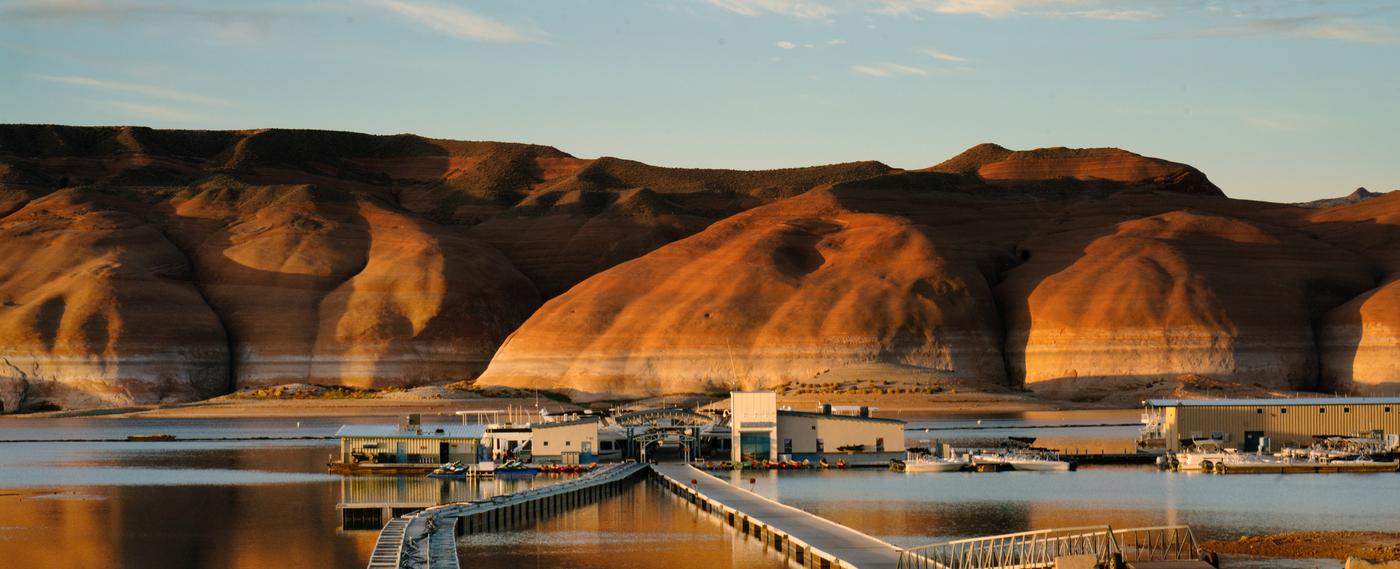Climate change is shrinking lakes for a quarter of the world's population : NPR

Climate change is causing lakes around the world to shrink, leaving millions of people who rely on them for water and livelihoods in dire straits. This alarming finding was reported by NPR, a well-respected news site, in an article that caught my attention. According to the article, a quarter of the world’s population, or about 1.5 billion people, are at risk of losing access to freshwater due to shrinking lakes.
The article explained that rising temperatures are causing evaporation rates to increase, depleting water reserves in lakes and drying out the surrounding lands. In some cases, lakes that have been a source of water for centuries are now completely gone, leaving communities to find alternative sources of water.
The impact of shrinking lakes is not limited to just water scarcity. As the article pointed out, it can also have adverse effects on fish populations, tourism, and local economies, among others. The article cited several examples from around the world, including the shrinking of the Aral Sea in Central Asia and Lake Chad in Africa.
The article also highlighted the urgent need for action and called on policymakers and individuals to take steps to mitigate the effects of climate change. That includes reducing carbon emissions, investing in renewable energy sources, and implementing measures to conserve water.
As someone who cares deeply about the environment, reading this article was both informative and concerning. It emphasized the need for us to act quickly and decisively to address the devastating effects of climate change. The shrinking of lakes is just one example of the far-reaching consequences of our actions, and we must take responsibility for the damage we have caused.
Quick Links

